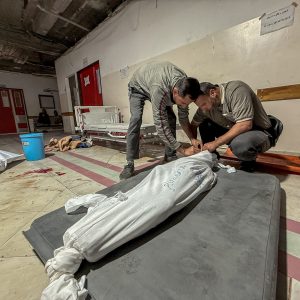Boarding schools set up Uyghur children in Xinjiang aim to separate them from families
System is said to forcibly separate Uyghur children from their families and assimilate them into. Mandarin-speaking culture
NEW YORK – U.N. experts have expressed “grave concern” about the reported expansion of a government-sponsored boarding school program in China’s Xinjiang region.
This system is said to forcibly separate Uyghur children and children of other Muslim minorities from their families.
Alarmingly, these schools teach predominantly in Mandarin and largely exclude the Uyghur language.
U.N. specialists suspect that such measures may be an attempt to assimilate these children into the Mandarin-speaking culture and adopt Han cultural norms.
Studies and reports indicate that thousands of Uyghur children, particularly those with imprisoned parents, have been placed in camps, boarding schools, or orphanages.
Following a 2017 Chinese government initiative, many Uyghurs were detained, accelerating efforts to assimilate young Uyghurs.
More recently, U.N. experts noted a sharp increase in the number of such boarding schools in Xinjiang, along with the closure of local schools that teach in Uyghur and other minority languages.
The Uyghur Human Rights Project urged U.N. member states to reject China’s forthcoming application to the U.N. Human Rights Council.
Adrian Zenz, a recognized expert on Xinjiang, acknowledged the U.N. statement but expressed disappointment at the delay in its release and urged the international community to focus on the issue.
The U.N. statement was issued by three experts on minority issues, cultural rights and education.
Meanwhile, the U.S. called the ongoing actions in Xinjiang “genocide and crimes against humanity.”
Consequently, the U.S. blacklisted three Xinjiang-based companies for employing Uighur forced laborers.










